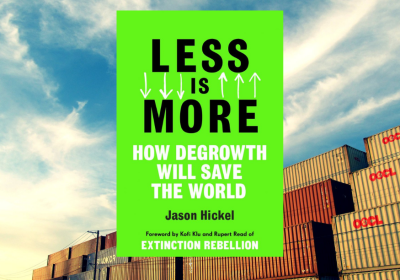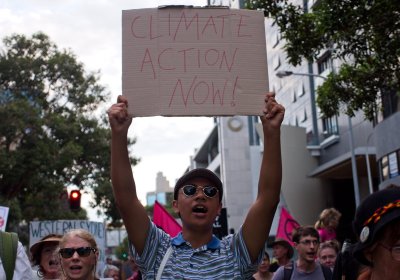Dmitry Pozhidaev reviews Capitalism in the Twenty-first Century Through the Prism of Value, by Guglielmo Carchedi and Michael Roberts, which aims to explain 21st-century capitalism through Karl Marx’s value theory.
degrowth
Ecosocialist activist and organiser Jess Spear argues that we need to place an understanding of the ecological crisis at the centre of our struggles, in order to move beyond capitalism and secure a future for humanity and the Earth.
Ecosocialism 2023: A World Beyond Capitalism conference, hosted by Green Left and co-sponsored by Socialist Alliance, provided a platform for the voices of peace, justice and ecological sustainability from across the region. Sue Bull reports.
Kohei Saito argues there are five important reasons why we need to move beyond capitalism to deal with the ecological and social crises besetting the world today. Peter Boyle reports.
An exciting new range of guest speakers at the Ecosocialism 2023 conference in Naarm/Melbourne July 1-2 have been announced. Jacob Andrewartha reports.
Japanese Marxist academic Kohei Saito, author of Capital in the Anthropocene, will be a keynote speaker at Ecosocialism 2023, organised by Green Left. Peter Boyle reports.
Marxist economist Michael Roberts reviews Kohei Saito's forthcoming book.
There are alternatives to the fossil fuel hegemony, argue Christopher Wright, Daniel Nyberg and Vanessa Bowden.
Hans Baer reviews Climate Change as Class War and recommends ecosocialists, ecoanarchists and degrowth proponents alike should grapple with it, as it takes the notion of class struggle seriously.
In Less is More, Jason Hickel has written a readable book that seeks to promote hope rather than doom in the era of the Anthropocene or, more appropriately, the Capitolocene, writes Hans Baer.
In arriving at a synthesis between ecosocialism and ecoanarchism, Ted Trainer argues that the kind of socialism he supports avoids domination, hierarchy, authoritarianism, centralisation and top-down power.
At this point in human history, the limits of capitalism and the limits of our species’ life on Earth have converged. Laurie Adkin argues we have never been here before, and we cannot go back.
- Page 1
- Next page











